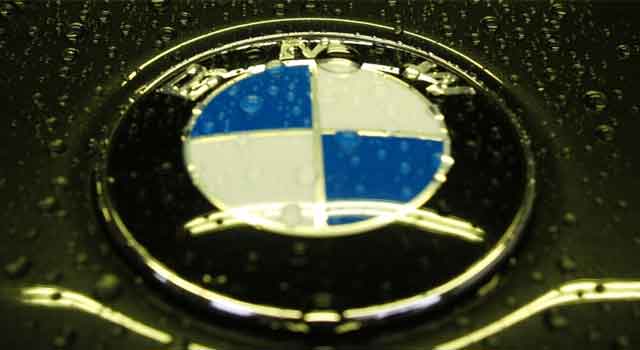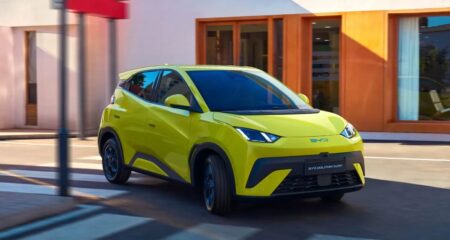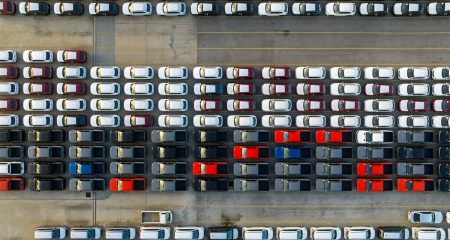
BMW South Africa’s Rosslyn, Pretoria, plant will get up to 30% of its power through renewable energy from a biogas project, the German car maker announced on Friday.
About 40 000 tonnes per annum of cattle manure and around 20 000 tonnes of organic waste will be fed into digesters that will produce biogas to drive a gas engine for power.
BMW SA’s partnership with energy company Bio2Watt was the first commercially viable biogas project in SA.
MD of BMW Group South Africa Tim Abbott said there was a plan to transition the company’s production facilities to be powered 100% by renewable sources by the year 2020. “Our vision is to draw 100% of our energy requirements from renewable sources with the help of partners such as Bio2Watt.”
The Bio2Watt plant was situated in Bronkhorstspruit on a Beefcor feedlot, which was nearby its key fuel supplies.
The City of Tshwane was also a key supplier of waste to the project.
Bio2Watt CEO Sean Thomas explained that biogas was a storable form of renewable energy, capable of being transported and utilised 24 hours a day, seven days a week.
“For this reason, biogas is capable of providing energy on a small scale, but can be expanded to large scale, centralised production,” he said.
According to Thomas, the technology enabled a reduction in the volumes of waste to landfill, thereby helping local municipalities to meet their zero-waste commitments.
“It will create localised employment opportunities for low skilled work force essentially around the waste collection and sorting in both rural and peri-urban areas.
There are about four million cattle in South Africa, a significant number of which are held on large farms and the potential for project replication is thus substantial,” Thomas said.
According to the Southern African Biogas Industry Association, biogas can contribute 2,5GW of generation capacity in the country, using wastewater, food waste, manure, agricultural residues and commercial processes including abattoirs, breweries and cheese factories. — Fin24




